On a popular Indian beach in the city of Chennai, a recent storm washed up hundreds of sea creatures that are poisonous to the touch.
Local authorities have warned beach-goers to avoid these creatures, known as Blue Sea Dragons and Blue Buttons, as they could cause significant harm.
Beautiful Beach in Chennai
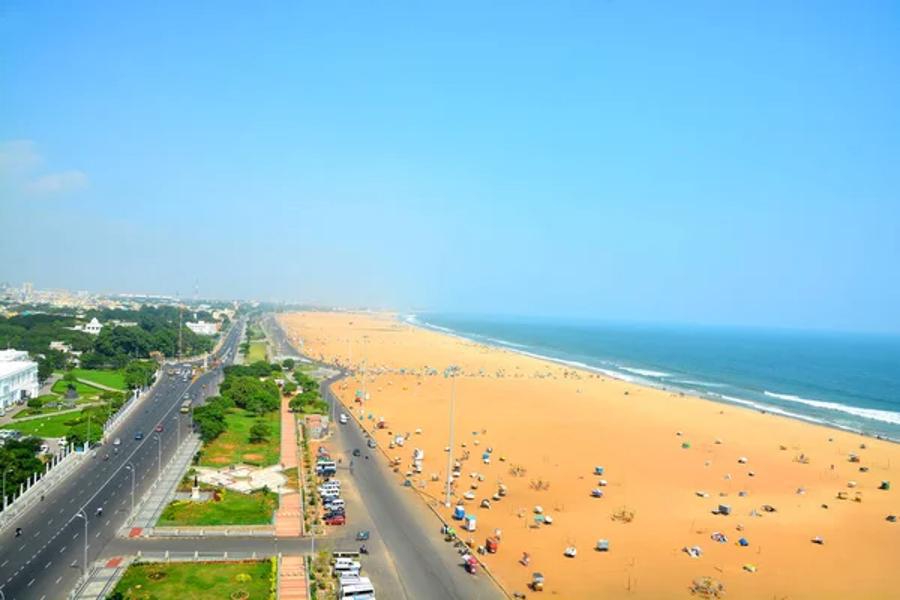
Marina Beach in Chennai, India, is a beloved seaside paradise for local residents and tourists alike.
However, while visitors are still welcome at the beach, they are being told to be careful of the hundreds of deep sea creatures that have landed on the sand.
What Are Blue Sea Dragons?
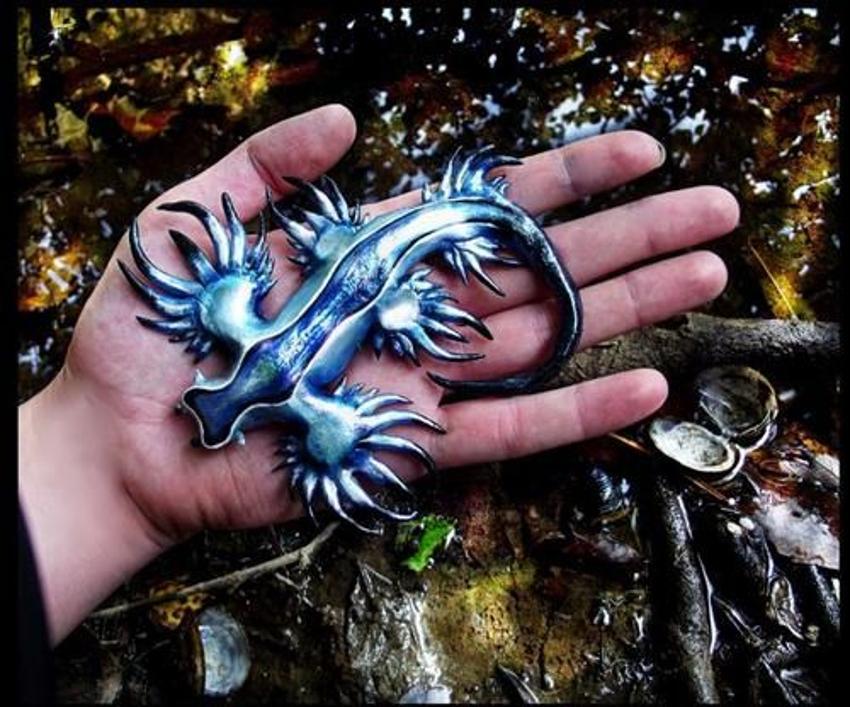
These exceptionally interesting-looking animals, known as Blue Sea Dragons, are shell-less gastropod mollusks.
Also known as sea slugs, they essentially float through the ocean, allowing the currents to carry them along.
Blue Dragons Are Exceedingly Rare
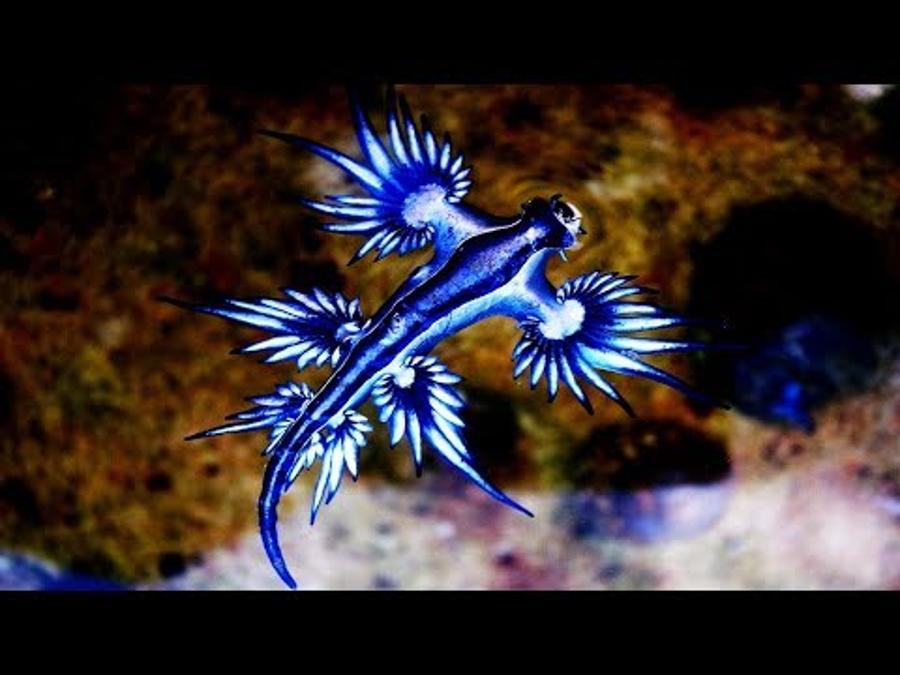
Blue Sea Dragons live in the deepest crevices of the ocean and are hardly ever seen by divers, let alone on land.
Within its tissues, the rare dragons have stinging nematocysts for defense, and if a human was to touch one that was alive, they would certainly receive a painful and maybe even dangerous sting.
What Are Blue Buttons?
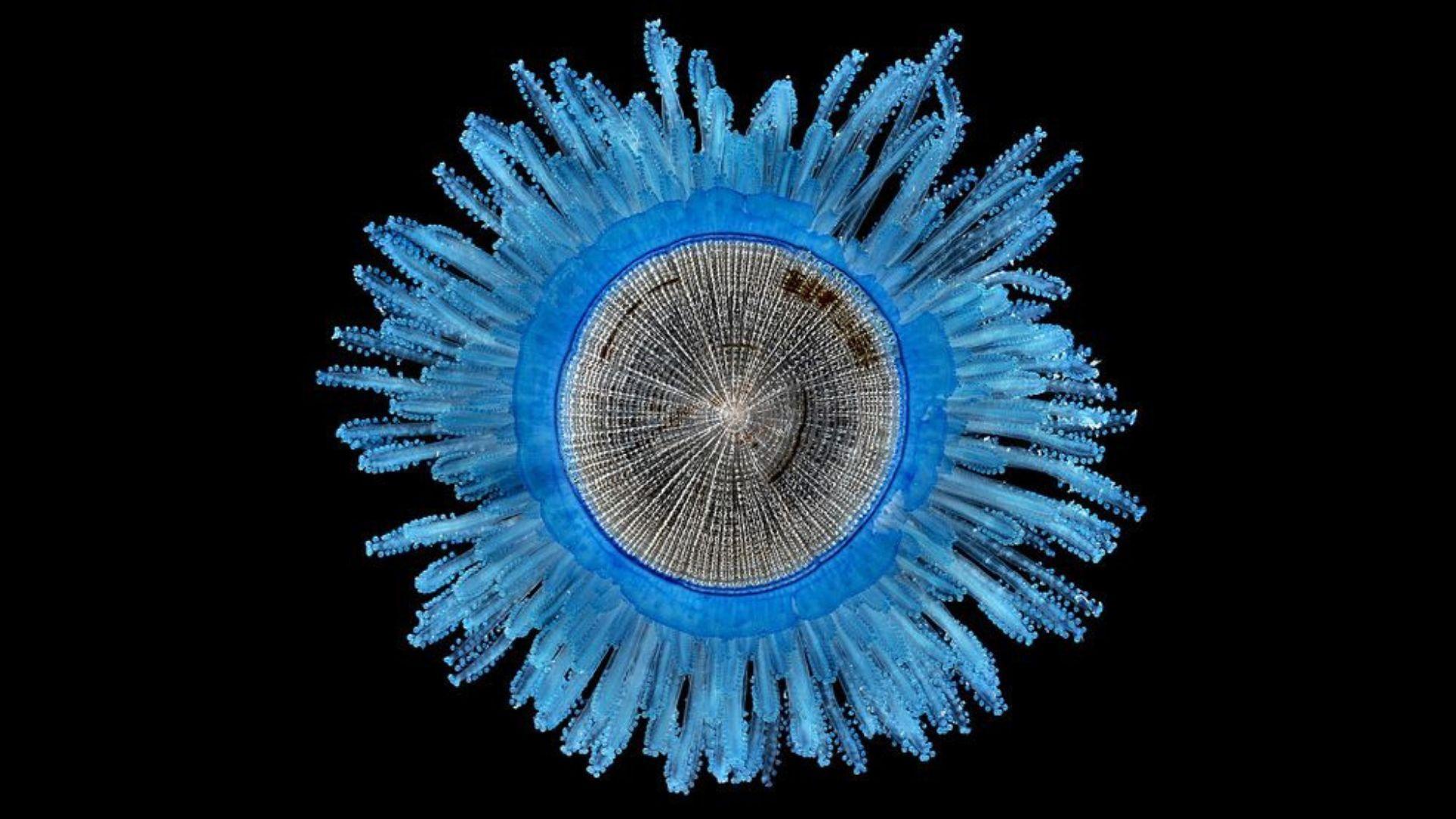
On the beach, there were also hundreds of Blue Buttons, which are slightly less exciting to look at than the Blue Sea Dragons but equally as interesting from a biological standpoint.
Blue Buttons are commonly misunderstood to be a variation of the jellyfish, but they are slightly different. While a jellyfish is one animal with several tentacles, each of a Blue Button’s tentacles is actually an individual animal working with the others
The Storm That Caused This Strange Phenomenon
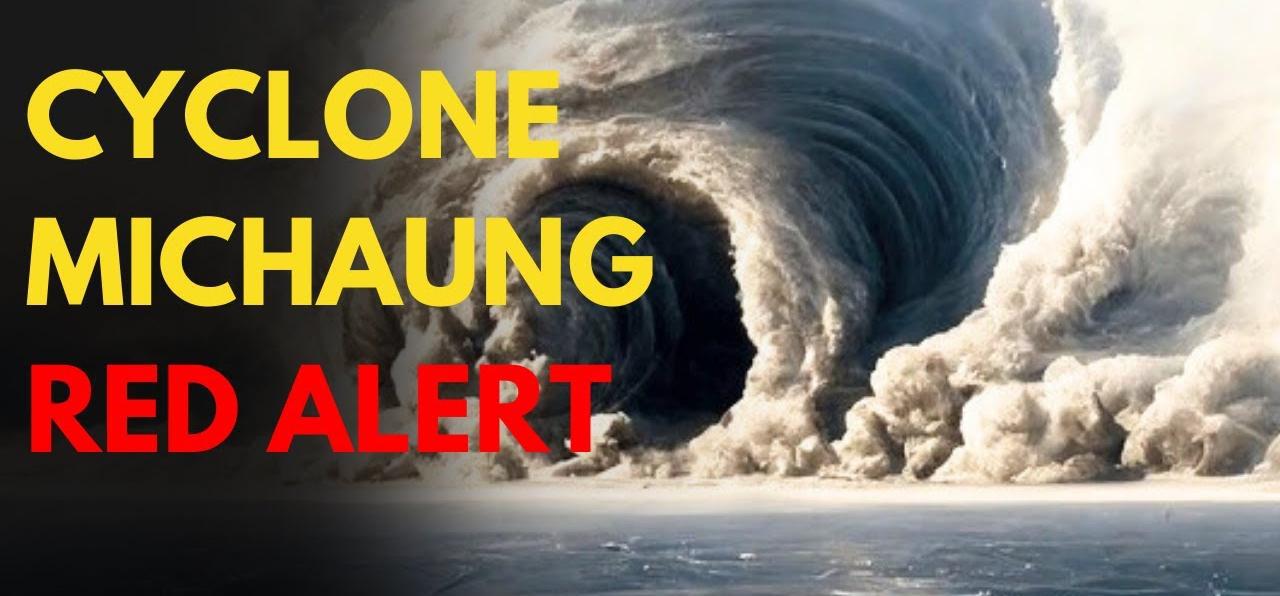
Both the Blue Buttons and the Blue Sea Dragons live deep in the sea and hardly ever make their way to land or even the surface of the ocean.
But on December 5, 2023, Cyclone Michaung hit the coast of India and caused this incredible phenomenon.
Extreme Flooding Caused Immense Damage
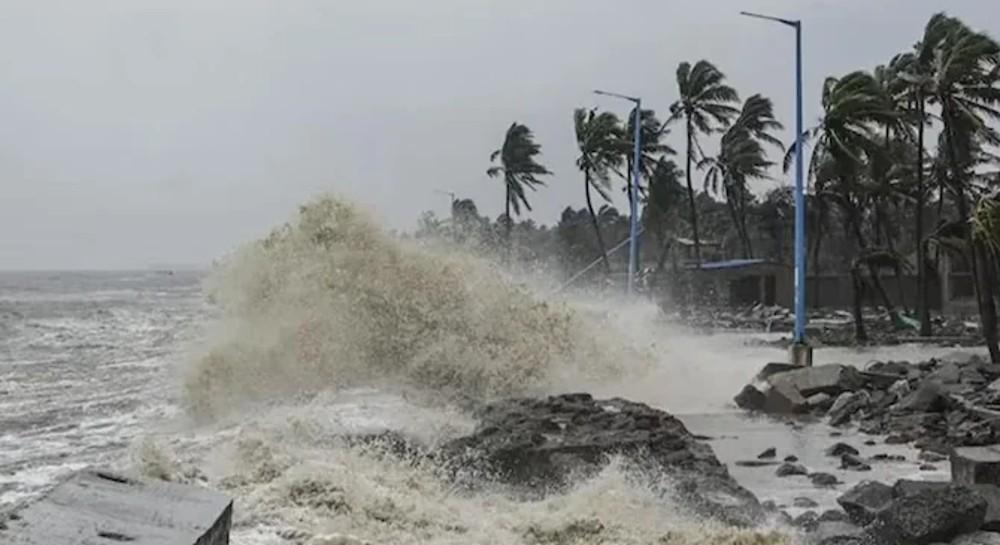
The cyclone was considered a severe tropical storm, and the torrential waves and rainfall that came with the storm definitely felt severe to residents in southern India.
And it was the giant waves that essentially collected the Blue Buttons and Blue Sea Dragons from their home in the deep sea and washed them up on the sand by the hundreds.
Sea Creatures Aren’t the Only Problem on the Beach
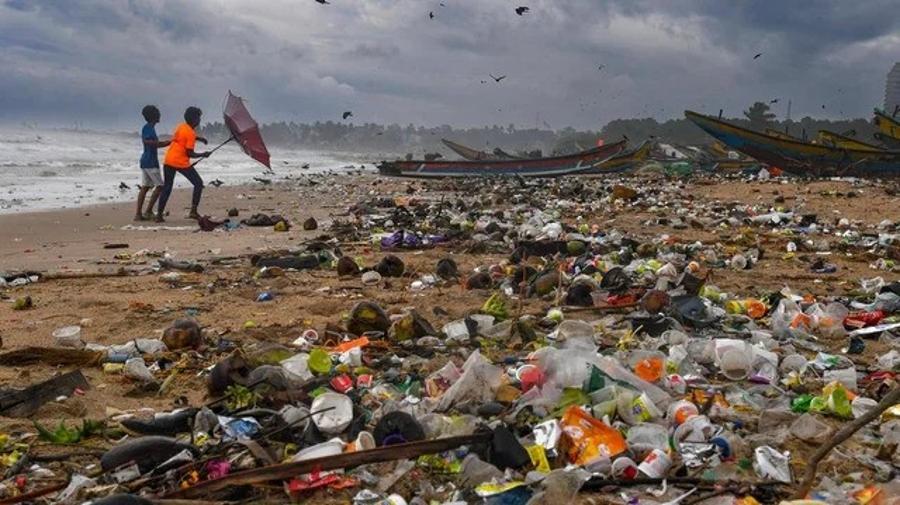
Sadly, it wasn’t just the sea animals that arrived on India’s beautiful beaches after the cyclone, but also, an incredible amount of trash and plastic.
So while the local communities attempt to recover, rebuild, and remove venomous creatures from their beaches, they will also need to attack the mass amount of litter now covering their sandy paradise.
The Beach in Chennai Is No Stranger to Flooding
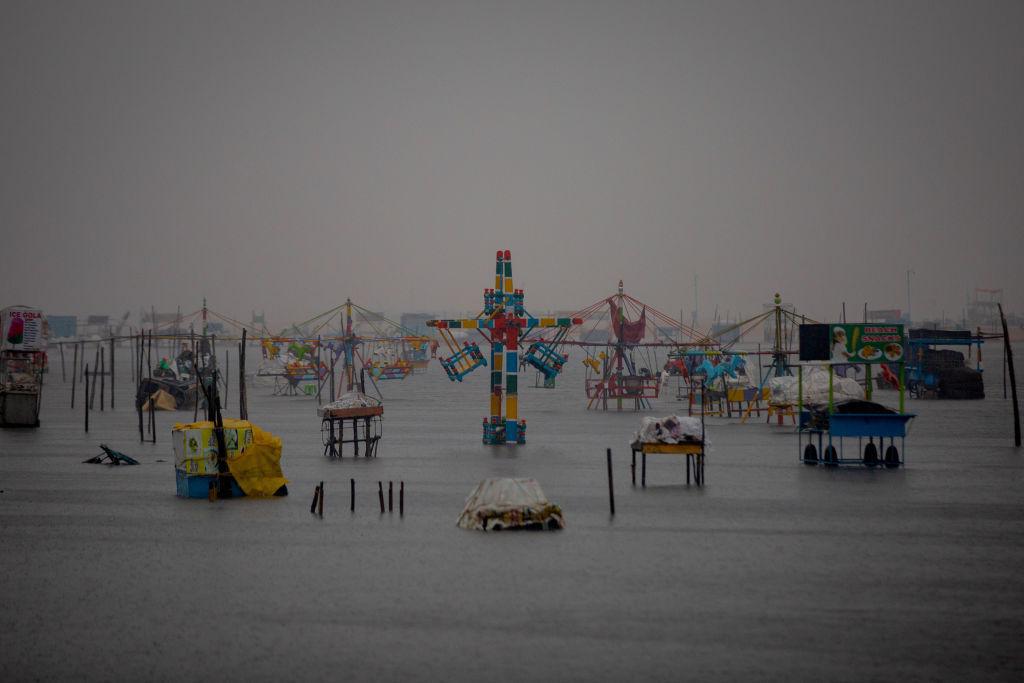
Cyclone Michaung was certainly an intense and horrific natural disaster, but the residents of Chennai are quite accustomed to tropical storms and extreme flooding.
And although experts report that previous flooding has beached a few of these little creatures, they’ve never seen hundreds of them as they do now.
Are There Plans to Remove the Animals from Chennai Beach?
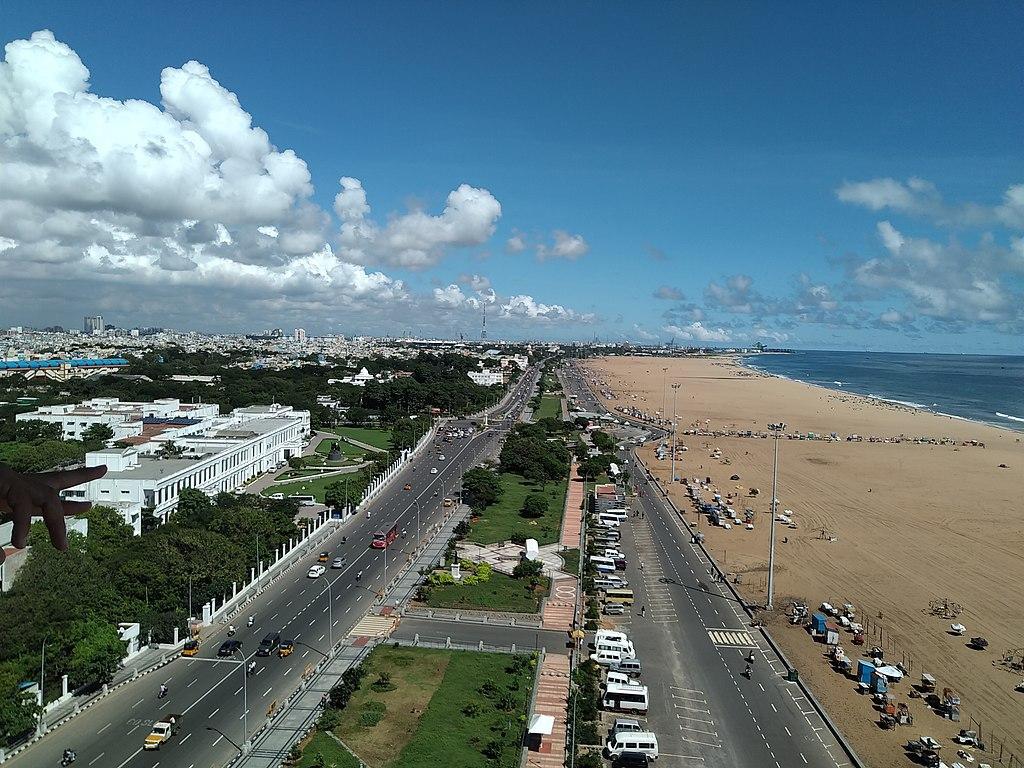
So far, the local authorities in Chennai have not announced a plan to remove the hundreds of Blue Sea Dragons and Blue Buttons from the beaches.
But they are making it exceptionally clear through announcements in the media that people should not touch the animals, whether they are dead or alive.
A Rare and Dangerous Occurrence
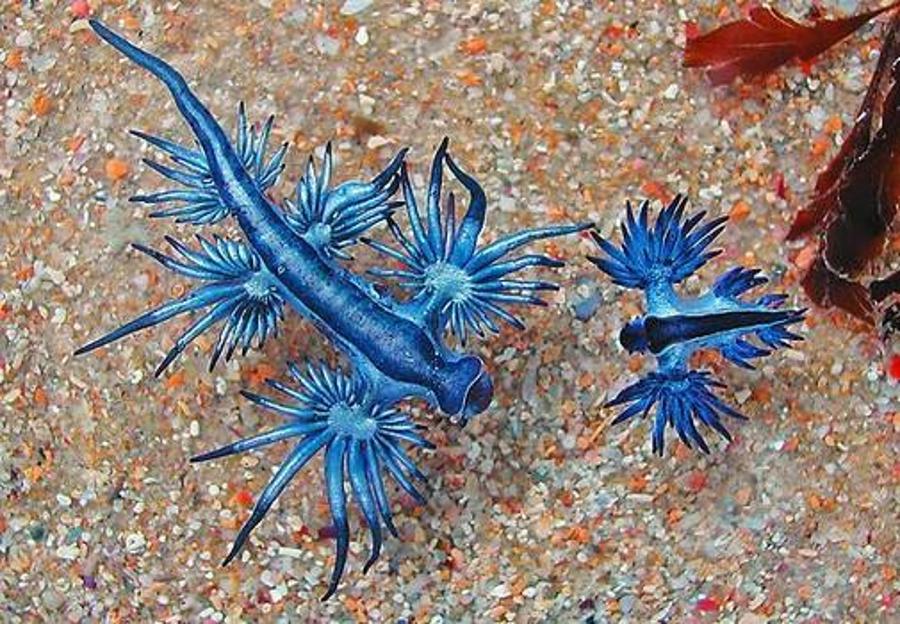
Because these animals are so wildly interesting to look at and hard to find, it was certainly exciting for many biologists to be able to see Blue Sea Dragons and Blue Buttons on the sand.
However, this phenomenon was not only extremely dangerous for local residents of Chennai but also for the animals themselves, who died by the hundreds after being beached by the giant waves.
